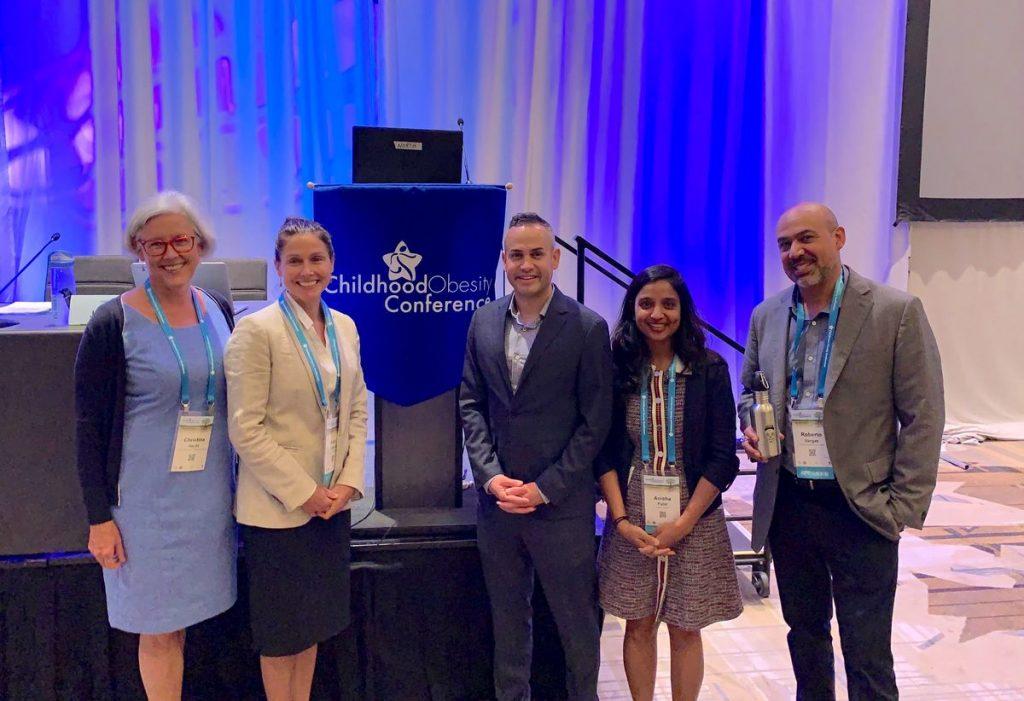On July 17, Dr. Angie Cradock, Deputy Director of the Prevention Research Center on Nutrition and Physical Activity at the Harvard T.H. Chan School of Public Health and Senior Research Scientist presented on drinking water safety and access for children as part of a panel at the 10th Biennial Childhood Obesity Conference in Anaheim, CA.
California’s Mission: Readiness State Director Jake Ferreira moderated a plenary session at the 10th Biennial Childhood Obesity Conference in Anaheim, CA. The session focused on the barriers, facilitators, and next steps for improving safe drinking water access and consumption in schools and communities across the nation.

The panel featured Dr. Christina Hecht, Senior Policy Advisor at University of California’s Nutrition Policy Institute; Dr. Angie Cradock, Deputy Director at the Prevention Research Center on Nutrition and Physical Activity and a Senior Research Scientist at the Harvard T.H. Chan School of Public Health; Dr. Anisha Patel, Associate Professor in the Division of General Pediatrics at Stanford University; and Mr. Roberto Vargas, Associate Director, Center for Community Engagement and Health Policy Program at the University of California San Francisco’s Clinical and Translational Science Institute.
Panelists highlighted their in-depth research efforts and discussed how drinking water safety and access is relevant to childhood obesity and chronic disease prevention. In addition, they discussed water contamination, including best practices for learning how to identify if contamination is present in school drinking water and what can be done to remediate drinking water contamination. Finally, the panel presented the types of contributions multiple stakeholders can leverage to develop evidence-based policy and program approaches to reducing disparities in safe water access and consumption.
Read the full story on www.strongnation.org